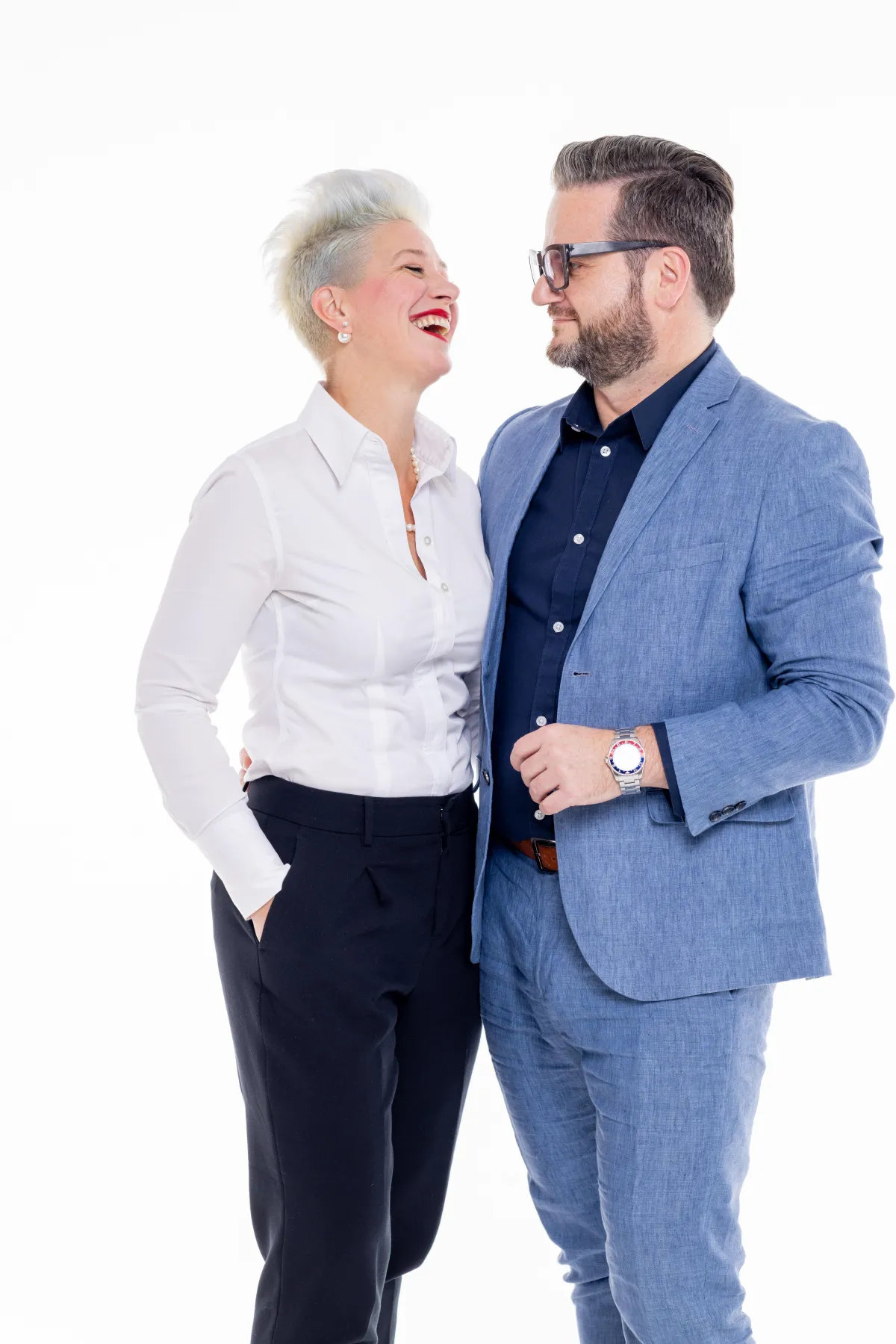
Brigitta & Christian Hoeferle - Dynamic Duo

Brigitta & Christian Hoeferle
We are a rockin' couple and will share with others what it takes!
Connect with Brigitta & Christian:
Please Share This With Your Followers

Brigitta & Christian Hoeferle - Dynamic Duo

Brigitta & Christian Hoeferle
We are a rockin' couple and will share with others what it takes!
Connect with Brigitta & Christian:
Please Share This With Your Followers